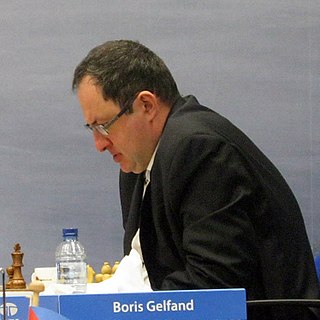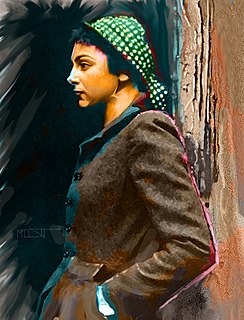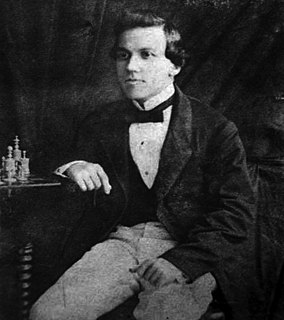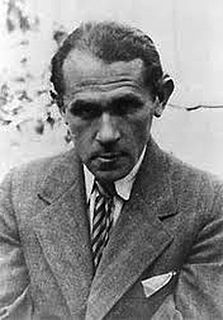A Quote by Alexander Pushkin
Thank you, darling, for learning to play chess. It is an absolute necessity for any well organized family. (in a letter to his wife)
Related Quotes
Darling, You asked me to write you a letter, so I am writing you a letter. I do not know why I am writing you this letter, or what this letter is supposed to be about, but I am writing it nonetheless, because I love you very much and trust that you have some good purpose for having me write this letter. I hope that one day you will have the experience of doing something you do not understand for someone you love. Your father
Fischer was a good kid but very unsophisticated about anything but chess. It was all chess for him, every waking moment. We'd go down to the Four Continents bookstore and he'd buy any Russian chess material he could get his hands on. He'd learned enough Russian to get the gist of prose and he just absorbed the chess part.
By the time Kafka was seven or eight years old, he already had a relatively dark view of the world derived from experiences in his own family. This told him that the world was organized in a strictly hierarchical manner and that those on the top were allowed to mete out punishment in any way they chose. They were entitled to leave those on the bottom uninformed about the rules to which they subscribed; they weren't even required to follow their own rules - this is how Kafka described it in his later Letter to My Father.
The bad player is the one who tries to calculate and play with the odds, as if his game, his life, were one of a large number of games. To do so is at best to succumb to another necessity, the necessity of large numbers. The good player does not fool himself, and accepts that there is exactly one chance, which produces by chance the necessity and even the purpose that he experiences.







































